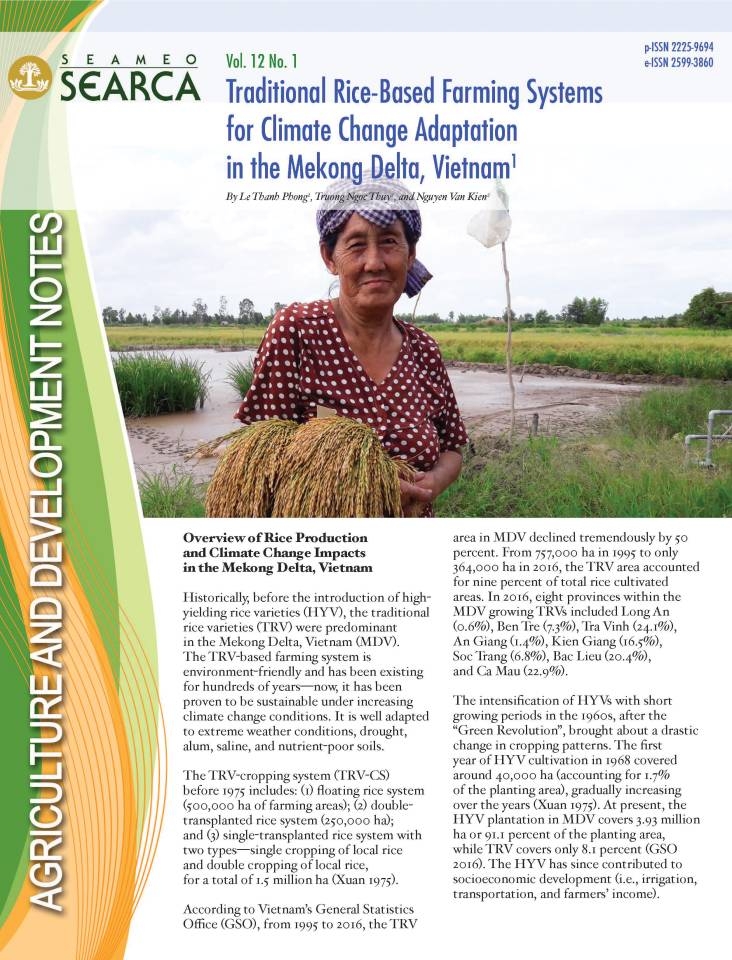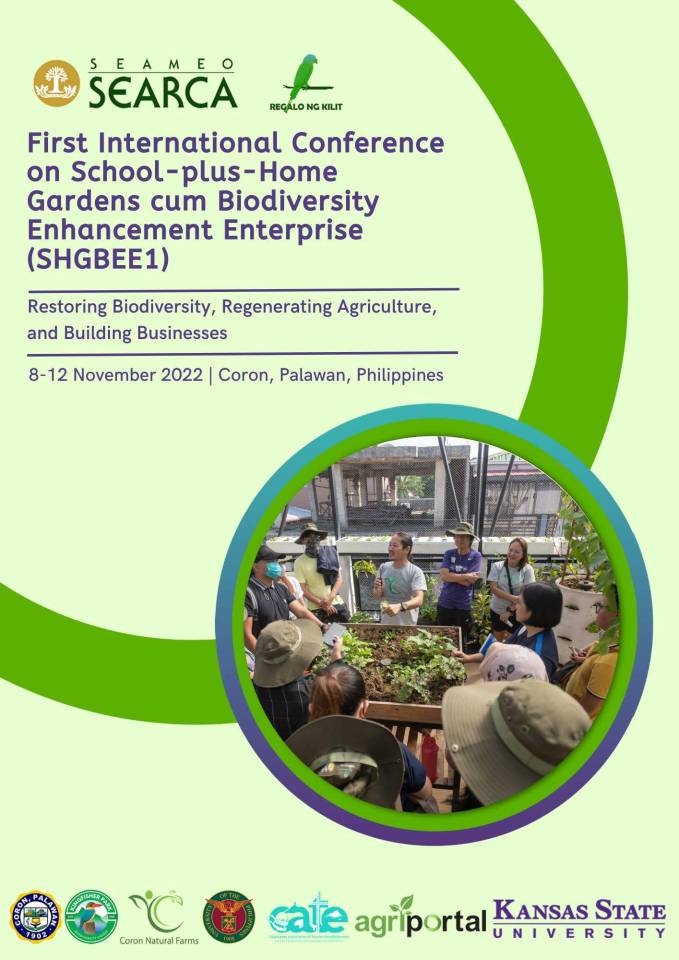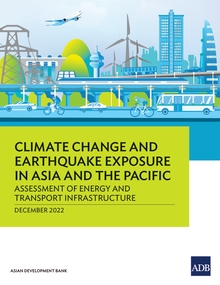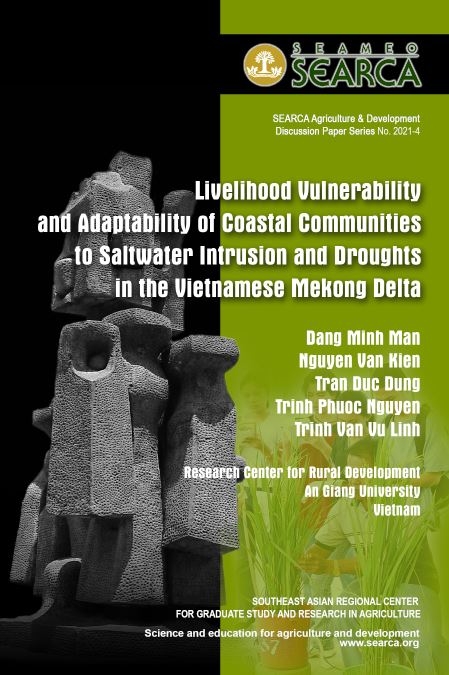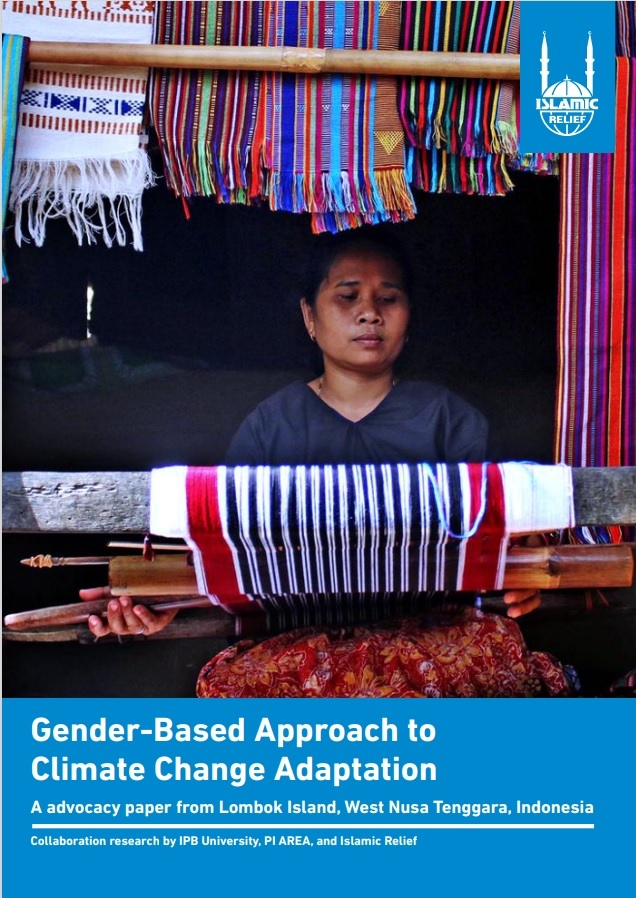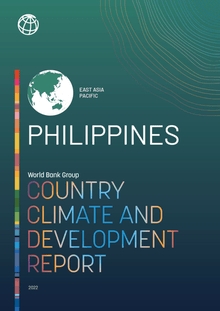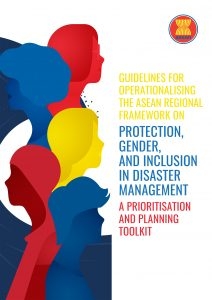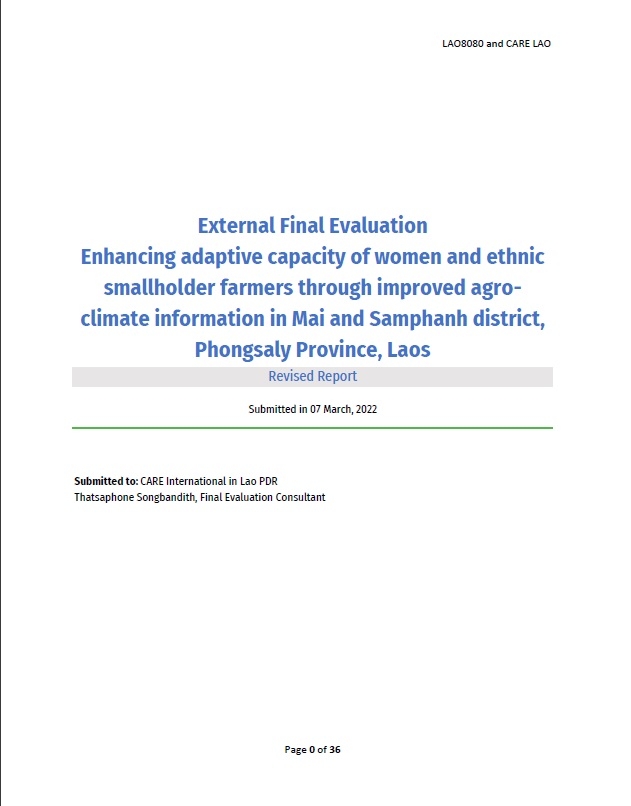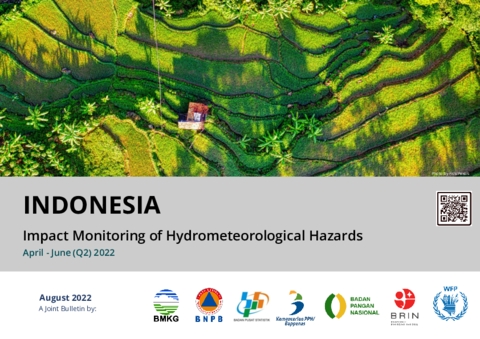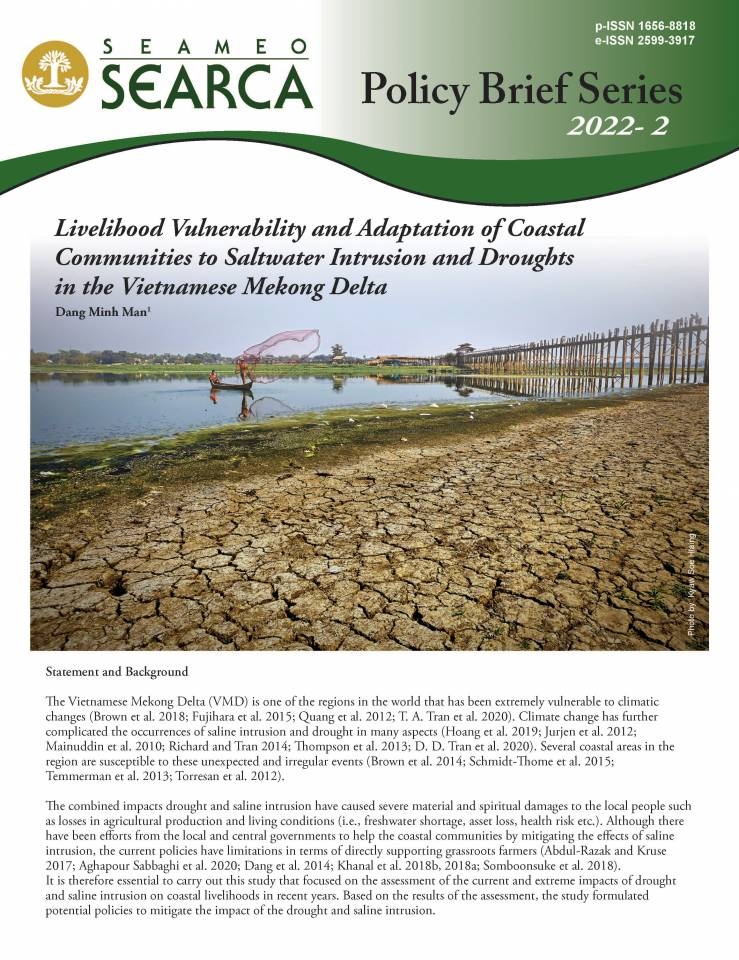Publications
This contains experience notes, adaptation notes, policy briefs, policy papers, technical reports, stories on good practices, and other publications related to climate change adaptation and mitigation in Southeast Asia not just from SEARCA, but also from KC3's partners and other agencies/institutions.
Historically, before the introduction of high-yielding rice varieties (HYV), the traditional rice varieties (TRV) were predominant in the Mekong Delta, Vietnam (MDV). The TRV-based farming system is environment-friendly and has been existing for hundreds of years—now, it has been proven to be sustainable under increasing climate change conditions. It is well adapted to extreme weather conditions, drought, alum, saline, and nutrient-poor soils.
The Southeast Asian Regional Center for Graduate Study and Research in Agriculture (SEARCA) together with the Regalo ng Kilit Foundation, Inc. convened the First International Conference on School-Plus-Home Garden cum Biodiversity Enhancement Enterprise (SHGBEE1) with the theme, “Restoring Biodiversity, Regenerating Agriculture, and Building Businesses.” Held on 8-12 November 2022 at Coron, Palawan, Philippines, SHGBEE1 provided a platform for sharing of experiences and best practices related to school and home gardens and its contributions to biodiversity enhancement and enterprise development in…
This study analyzes the exposure of energy and transport assets in Asia and the Pacific to climate change and earthquake hazards and highlights how multi-hazard assessment can help strengthen the resilience of crucial infrastructure.
Community livelihoods within the Vietnamese Mekong Delta are at risk from droughts and saltwater intrusion. This study used the DFID sustainable livelihoods framework in a multi-disciplinary method to formulate a competent analysis and methodology for the evaluationof the sustainability, vulnerability, and adaptation of the coastal residents’ livelihood. A review of the local records coupled with a survey of community representatives from 120 households highlights the increase in temperature and rainfall frequency as well as the occurrence of drought and salinity…
Climate change poses major risks for development in the Philippines. Climate shocks, whether in the form of extreme weather events or slow-onset trends, will hamper economic activities, damage infrastructure, and induce deep social disruptions. Adaptation to the risks of climate change, including both extreme events and slow-onset problems, is thus critical for the Philippines. Policy inaction would impose substantial economic and human costs, especially for the poor. Adaptation cannot eliminate the costs of climate change, but it can substantially reduce…
The Association of Southeast Asian Nations (ASEAN) has, in recent years, substantively advanced efforts to address emerging protection, gender and inclusion (PGI) issues in disaster management. In line with the vision of One ASEAN One Response, in October 2021 the ASEAN Committee on Disaster Management (ACDM) launched the ASEAN Regional Framework on Protection, Gender, and Inclusion in Disaster Management 2021-2025 (ARF-PGI). This serves as the main PGI strategy to all ACDM working groups for the implementation of the ASEAN Agreement…
The Agro-Climate Information for the Adoption of Resilient Farming Practices by Women and Ethnic Minority Farmers (ACIS2) is implemented by CARE International in Lao PDR. The project financed by the Ministry of the Environment, Climate and Sustainable Development (MECDD) in Luxembourg, is designed to support poor and vulnerable households in remote, rural areas and to enable women and ethnic minority farmers in Mai and Samphanh districts (Phongsaly province) to better anticipate risks and opportunities related to climate variability thus improving…
This Bulletin – jointly prepared by Government partners and WFP (in English and Bahasa Indonesian) – provides an overview of the climate situation and impacts on agriculture and food security from April to June 2022 as well as the climate outlook from August to October 2022. From April to June, due to the persisting La Niña phenomenon, rainfall across Indonesia was higher than the thirty-year long-term average. Most districts within the Sumatera, Jawa, Kalimantan, and Bali experienced an increase in…
The Vietnamese Mekong Delta (VMD) is one of the regions in the world that has been extremely vulnerable to climatic changes (Brown et al. 2018; Fujihara et al. 2015; Quang et al. 2012; T. A. Tran et al. 2020). Climate change has further complicated the occurrences of saline intrusion and drought in many aspects (Hoang et al. 2019; Jurjen et al. 2012; Mainuddin et al. 2010; Richard and Tran 2014; Thompson et al. 2013; D.D. Tran et al. 2020). Several…

